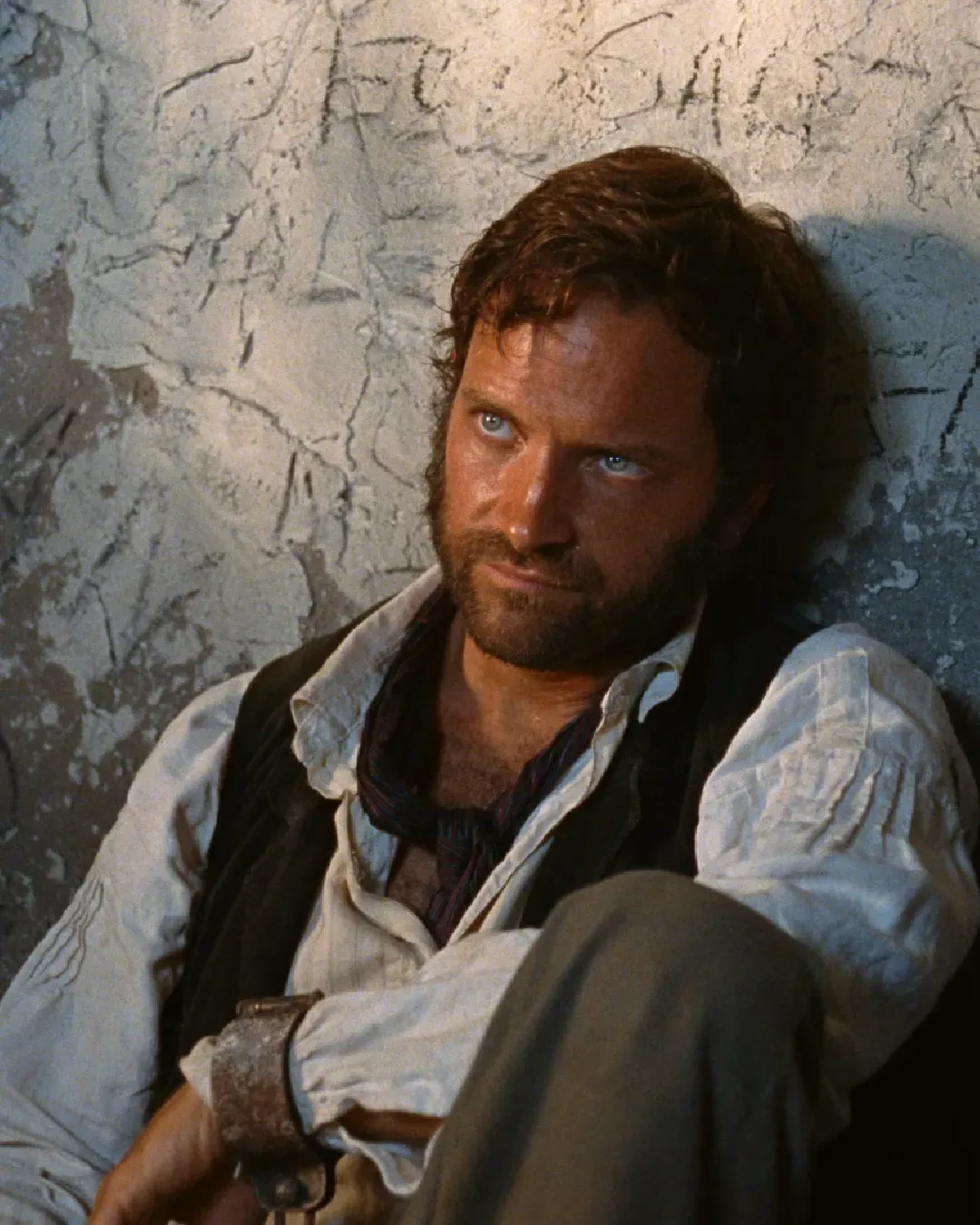
Will the Hollywood strike also have an impact on fashion? We momentarily say goodbye to red carpets full of celebrities
With a press conference called last night, SAG-AFTRA made official its strike against AMPTP, the U.S. producers' association representing the big Hollywood majors and streaming services such as Netflix, Amazon, and Apple. It is a momentous decision, followed by a few months that of the WGA, the American screenwriters' union, which had crossed arms last May after black smoke in negotiations for a new contract regulating their work. The last time actors and screenwriters had called a strike together was in 1960, many things were different, and especially film and fashion did not have as close a relationship as they do today and which, inevitably, will be touched by the strike. As of last night, in fact, members of the union, which represents more than 160,000 actors in Hollywood, will be banned from filming movies and television series, but more importantly, they will be prohibited from promoting them in any form: from interviews to attendance at festivals and conventions. That is why, when the strike was made official last night, Oppenheimer's cast walked out of the London premiere of the film, while also for the same reason Margot Robbie and the other Barbie performers were the focus of a grueling press tour that ended shortly before the protest began. In the past few days, many studios have chosen to anticipate junkets of films to be released in the coming weeks to avoid finding themselves without promotional materials.
But what will happen now? It is hard to say when the strike will end, with some hoping for a resolution after the summer, while others speculate it may go on until Christmas. With the pause in promotional activities, the many stylists accustomed to working with Hollywood celebrities will find themselves without one of their main sources of income. In an interview with The Cut published by Business Insider, celebrity stylist Jessica Paster, who has dressed the likes of Cate Blanchett, Emily Blunt, and Rachel McAdams, revealed some of the amounts of money brands are willing to pay to see one of their outfits on a celebrity: «It can be just paying the stylist, and we get $30,000 to $50,000. Or paying the actress between $100,000 and $250,000.» The first example may come with the Venice Film Festival scheduled for September where, in all likelihood, there will not be the parade of celebrities to which we had become accustomed. Challengers for example, the opening film directed by Luca Guadagnino, could not count on the presence of its stars Zendaya and Josh O'Connor, both SAG-AFTRA members. But if the strike represents a stop to the work of many stylists, the same will be true in part for all those contracts that bind celebrities to brands during public appearances related to the promotion of films and TV series.
Important #SAGAFTRAstrike information#sagaftramembers, here's everything you need to know about the TV/Theatrical/Streaming Strike, including...
— SAG-AFTRA (@sagaftra) July 14, 2023
What you CAN'T work
What you CAN work
Network TV Code
Get more information at https://t.co/EE6qPXDi3T. #SAGAFTRAstrong pic.twitter.com/I4LGr1oj7h
In recent years, the red carpets have become almost mirrored by the catwalks of Fashion Week, mainly due to the number of celebrities dressed in garments seen a few weeks earlier in Milan or Paris. A relationship that will come to an indefinite halt could lead in the long run to a postponement of many of those appointments that have now become very important for the relationship between Hollywood and the fashion industry, as in the case of the Emmy Awards. Scheduled for next September 18, according to Deadline, the Television Academy may be forced to postpone the awards ceremony to November if not even January pending a resolution of the conflict between the parties. It is a different matter, however, for all those public appearances outside of film, such as in the case of "influencer agreement" and "cameo for business agreement," which are permitted according to the vademecum published by SAG-AFTRA. If the descent into the field of stars of the caliber of Matt Damon and Cillian Murphy, who last night from Oppenheimer's red carpet expressed their support for the cause, could lead to an acceleration in the negotiation, who knows if groups such as LVMH or Kering will also have their say now that they can no longer count on an output that has become essential to fashion's ubiquitous presence in our lives.














































